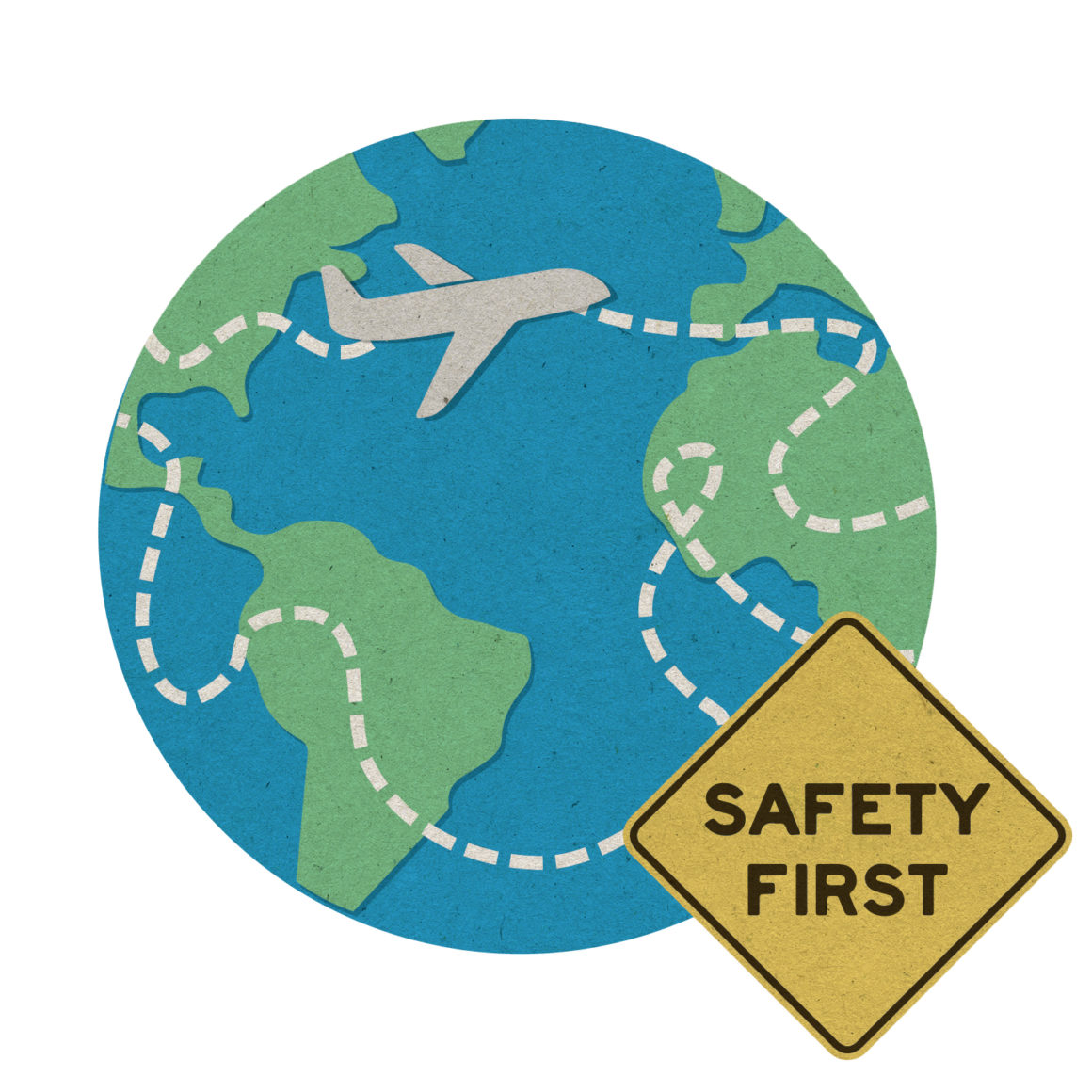
Tragedy shouldn’t prevent travel abroad
If recent news is anything to go by, the world is starting to look like a really scary place.
On July 14, a man drove a 19-tonne cargo truck through a crowd celebrating Bastille Day in Nice, France, killing 84 and injuring 303. One of the victims was MacEwan University student Mykhaylo Bazelevskyy, in France on an entrepreneurial internship program. Seven University of Calgary students participating in the same program were safe and accounted for following the attack.
This wasn’t the only recent attack abroad. A shooting in Munich. An airport bombing in Turkey. Another bombing in Tel Aviv. A shooting at the Pulse nightclub in Orlando. And those are just some of the most discussed events of the past 50 days. There are many more. Way too many more.
Scrolling through Twitter, Facebook — and even Snapchat these days — opens up an endless onslaught of tragedy from around the world. It’s not exactly a welcome invitation to travel abroad.
But that doesn’t mean you shouldn’t.
In May 2015, I travelled to Ireland as part of a group study program. Before we left, we had a mandatory informational session on how to stay safe. Northern Ireland in particular has faced sectarian violence between Protestant and Catholic factions dating back to the Irish civil war in the early 20th century. We were told that if someone asks our religion, we should act dumb and say “Canadian.” We were told to avoid protests, marches and people burning effigies of the Pope.
The day we arrived in Belfast someone was shot and killed in the street by anti-Irish Republican Army agents.
But my group never experienced a terrorist attack ourselves. No one threw a firebomb at us and no one from my group was shot. No one even asked my religion on the street. Altogether, it was a pleasant trip that I wouldn’t trade for the world.
There is risk associated with travel abroad, just as there is risk every time you get in a car and hurtle down Highway 2 at 120 km/h towards Edmonton. But I don’t stop riding in vehicles on Highway 2 because of that risk. I might pay greater attention to the road or the safety specifications of the vehicle I’m in, but I won’t stop travelling all together.
International travel — especially when you’re university-aged and ready to explore the world on your own — is the same.
If you travel, do what you can. Research where you’re going, make sure people know where you are and ensure you have access to money if you need it. Don’t take any undue risks.
As we saw in Nice, tragedy can strike unexpectedly and overwhelmingly. It stings and often can’t be explained or prevented. No amount of mandatory informational sessions or traveller preplanning could have prevented the loss of life on July 14. And that hurts.
But events like the Nice attacks shouldn’t prevent us from seeing the world.
Your university years are full of opportunity. Travel, whether it’s independent or through group study programs and internships, is an opportunity. It’s something you want to do before you have a real job and a family and a life.
The world is a scary place. But it also is beautiful. So get out there and see it.
Melanie Woods, Gauntlet Editorial Board
